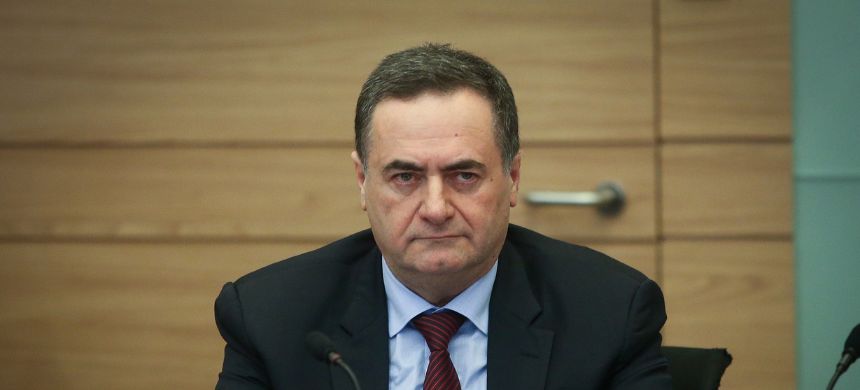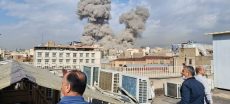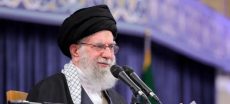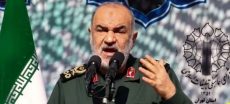Israeli Defence Minister Israel Katz has authorized military strikes on key Iranian regime targets in Tehran after Iran allegedly violated a recently agreed ceasefire.
The escalation followed a missile launch from Iran on Tuesday, which activated air raid sirens in northern Israel just hours after Israeli Prime Minister Benjamin Netanyahu confirmed acceptance of a US-brokered ceasefire deal. Israeli media reported that at least one ballistic missile was intercepted, with no immediate casualties.
Read more: PIA Restarts Gulf Flights After Israel-Iran Ceasefire
Far-right Israeli Finance Minister Bezalel Smotrich reacted by warning: “Tehran will tremble.”
Although the Israeli military soon declared it safe for civilians, conflicting reports emerged over whether Iran had fired one or two missiles—both reportedly intercepted by Israeli defense systems. Iran, however, denied launching missiles, with its state media insisting it was adhering to the ceasefire.
Iran’s Position on the Ceasefire
Iran’s Supreme National Security Council announced that it had agreed to a ceasefire with Israel, portraying it as a national decision to end hostilities with the “Zionist enemy.” Iran claimed its earlier missile strikes on Israel and a US base in Qatar were a proportional response to aggression, forcing Israel to “regret and retreat.”
However, Iranian officials later denied agreeing to any formal ceasefire, stating they would only stop attacks if Israel ceased its “illegal aggression.”
Israel Confirms Truce, Claims Military Success
Meanwhile, Israel affirmed its acceptance of a US ceasefire proposal, mediated by President Donald Trump. Netanyahu stated that Israel had achieved all objectives of “Operation Rising Lion,” including the elimination of threats from Iran’s nuclear and missile programs. Israeli officials also claimed to have gained air superiority over Tehran and inflicted significant damage on Iran’s military infrastructure.
Contradictions Persist
Despite Israel’s announcement, Iranian Foreign Minister Abbas Araghchi refuted claims of a formal ceasefire, asserting that Iran’s military actions would only stop if Israeli offensives ceased by 4 a.m. local time.
US officials said Iran had signaled an end to its attacks, though skepticism remains amid ongoing hostilities. Iranian missiles reportedly struck Beersheba in southern Israel, killing at least eight people according to local reports, further complicating the ceasefire narrative.
International Reactions
German Chancellor Friedrich Merz welcomed the US-led ceasefire effort, urging both Iran and Israel to honor the truce. Pakistan called for restraint and renewed appeals for diplomatic solutions to avoid wider regional conflict.
Civilian Casualties Mount
Amid ongoing strikes, Iran reported casualties following an Israeli attack on Tehran’s notorious Evin Prison. Additionally, an Israeli airstrike on residential buildings in Gilan province killed nine civilians, including women and children.
Trump’s Role in the Ceasefire Efforts
President Trump confirmed that the ceasefire was the result of negotiations between US officials, Israeli leadership, and Iranian representatives. Trump emphasized that the US objective was solely to dismantle Iran’s nuclear capabilities, not to wage a prolonged war.
Ongoing Tensions and Leadership Concerns in Iran
As fighting continues, Iran’s leadership faces additional pressure. Reports indicate that Ayatollah Khamenei’s succession planning has accelerated amid fears of assassination and instability. Two potential successors—his son Mojtaba and Hassan Khomeini, grandson of the Islamic Republic’s founder—are under consideration.
US Domestic Pushback
In Washington, Democratic lawmakers have introduced a resolution to curb Trump’s authority to use military force against Iran, citing constitutional concerns about the president’s unilateral decision-making in foreign conflicts.
Despite conflicting claims and continued violence, the situation remains fluid, with no definitive confirmation of a sustained ceasefire between Israel and Iran.











